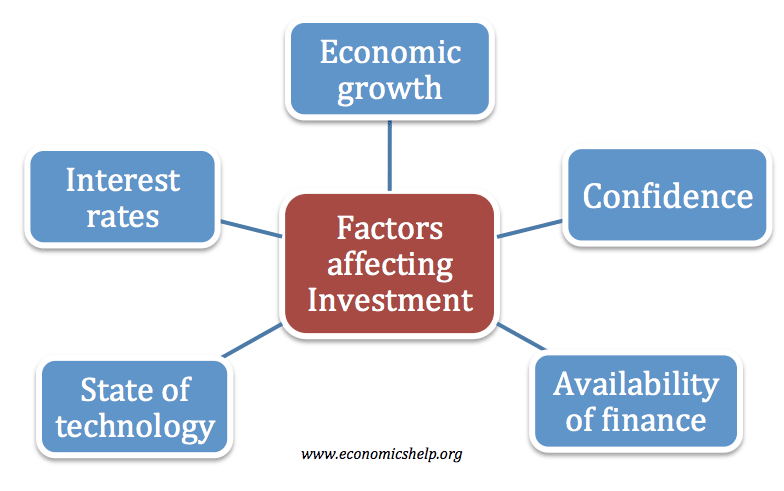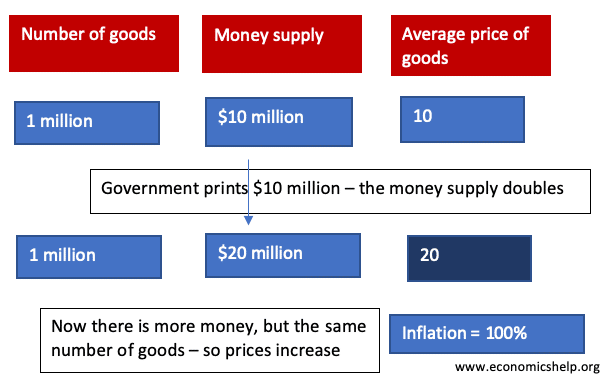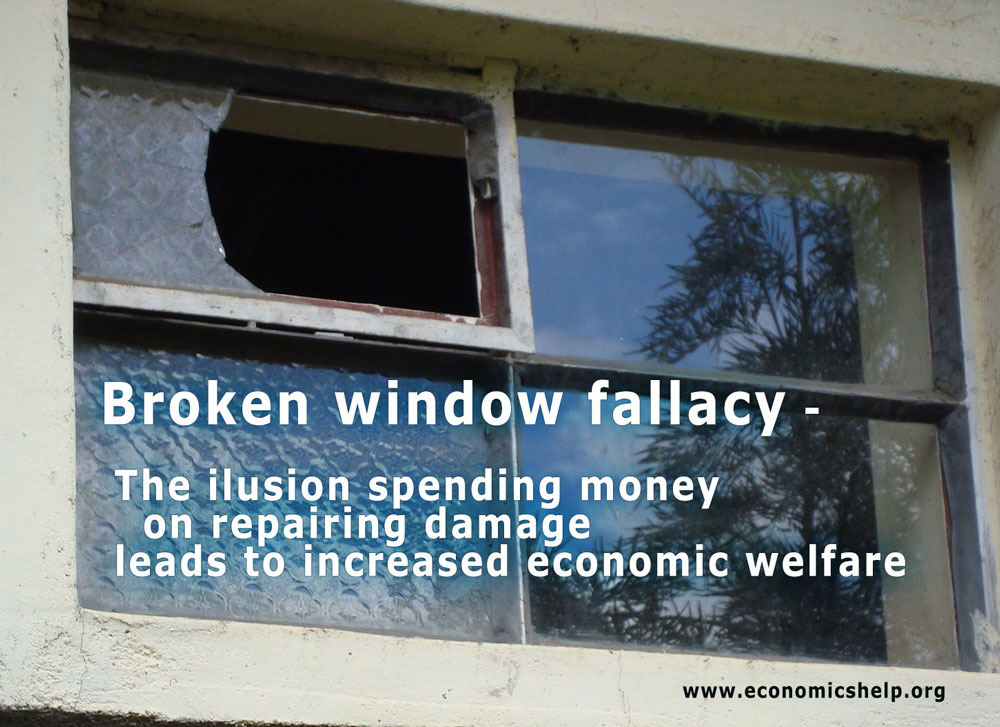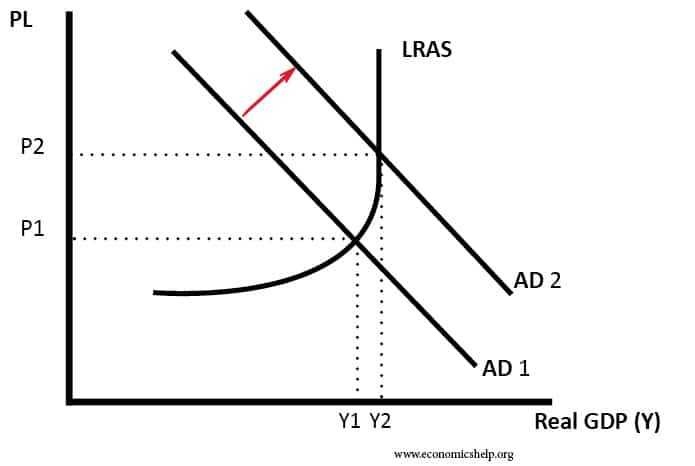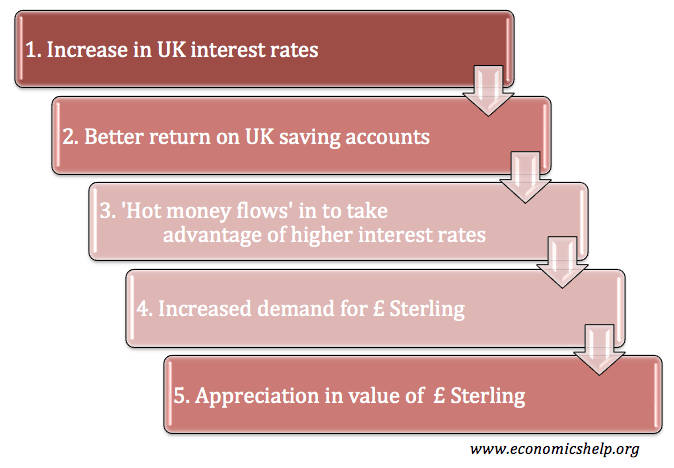Premium decoy pricing
Premium decoy pricing is when a firm set the price of one good deliberately high in order to make other goods appear good value and attractive. For example, a clothes shop may have a few jackets priced at £300. This gives the impression that the clothing brand is high quality. Then they may offer a …

